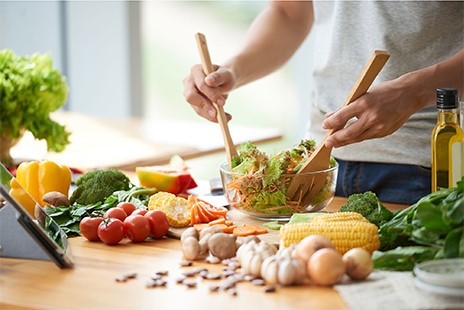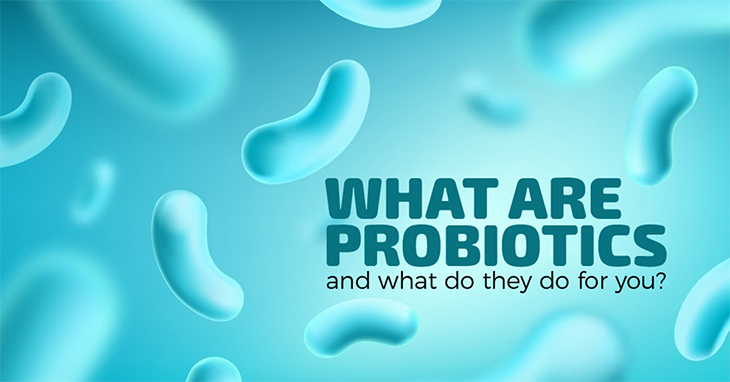The Role of Nutrition in Preparing the Body for Pregnancy – Post 1 of 2
Category: Healthy Baby

Pregnancy is a significant and intense undertaking for your body, which makes it incredibly important to make sure your body is prepared both for your sake and your baby’s. Afterall, your body is your baby’s home until they are born. During your nine months of pregnancy, not only will your baby need nutrients to grow and develop, but your bones, muscles, tendons, ligaments, and immune system will all be affected by your pregnancy. So a good diet, proper nutrition, and healthy habits are crucial for preparing your body for all the changes on your journey to motherhood.
The Critical Time Before Pregnancy
While better health should always be a goal to keep for yourself, you want to be as healthy as possible before you conceive. Both your diet and your weight can impact conception as well as your pregnancy. If you’re not eating healthily and/or you are underweight/overweight, this can negatively impact conception. Do your best to establish a healthy diet and achieve a healthy weight before you are pregnant to be optimally prepared for conception as well as the 9-month marathon that we call pregnancy.
Healthy Diet
Before you are pregnant, eating a diet full of fast foods, sugar, and chemicals tends to cause low-grade inflammation in your body that can impact fertility. So limit fast foods, highly processed foods, or anything loaded with added sugars, preservatives, or chemicals as much as possible. This applies to your partner’s diet too, since chronic inflammation can impact sperm quality as well as the actual conception process. Instead, opt for whole foods, lean proteins, and plenty of vegetables and fruits in your diet.
Here are a few guidelines you can follow:
- Eat a variety of vegetables and fruits. We recommend 7+ servings a day. Vegetables and fruits are rich in vitamins, minerals, and phytonutrients.
- Eat whole grains. Grains like wheat, quinoa, oats, barley, and rye are excellent sources of fiber.
- Avoid saturated (animal) fats. Instead, aim to include oils high in monounsaturates such as olive oil and sunflower oil as well as foods rich in healthy fats such as avocados and salmon.
- Try plant-based proteins. This includes legumes, tofu, tempeh, chickpeas, and more (e.g., you may want to incorporate a protein drink I recommend).
- For those who eat meat, choose lean proteins. Lean proteins include chicken breasts, white fish, pork loin, lean cuts of beef, and egg whites.

When you are preparing for pregnancy, there are also key nutrients like vitamins A, C, D, and folate, calcium, and omega-3s that should be in your diet. These nutrients not only support your wellness, but they also help support the growth and development of your baby in various ways. You should try to get these nutrients either in your meals or by taking a daily prenatal supplement.
In my next post, I’ll talk about daily prenatal supplements, and what I recommend for a healthy pregnancy!
In the meantime, if you’d like more information, feel free to contact me at Jerry@fit4lifellc.com!



Facebook Comments